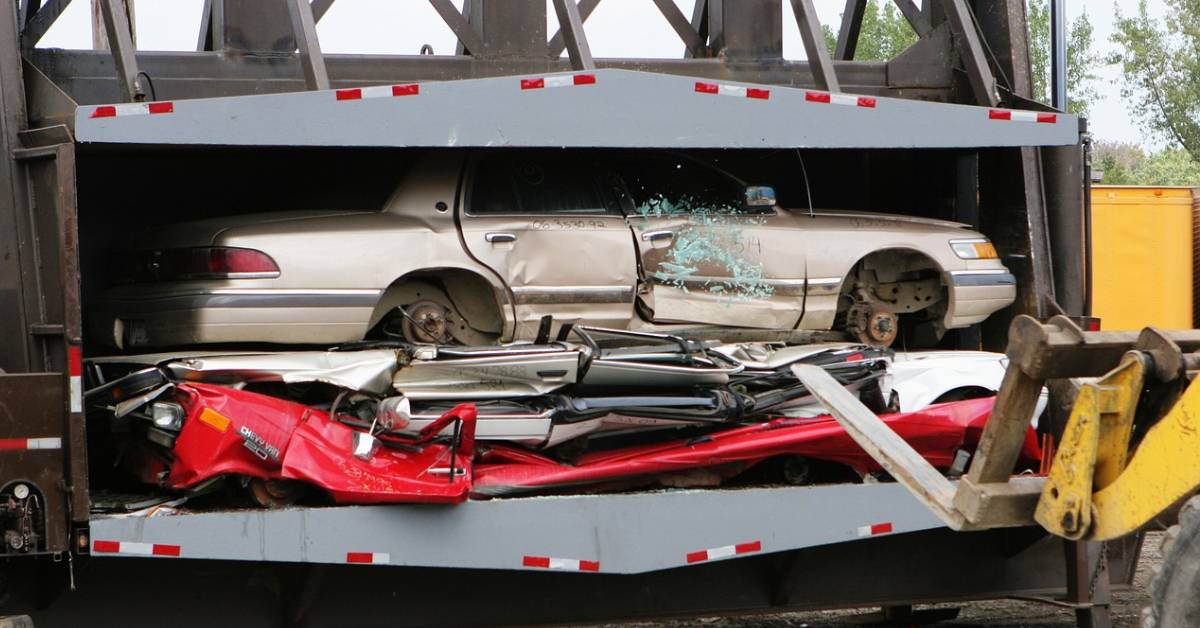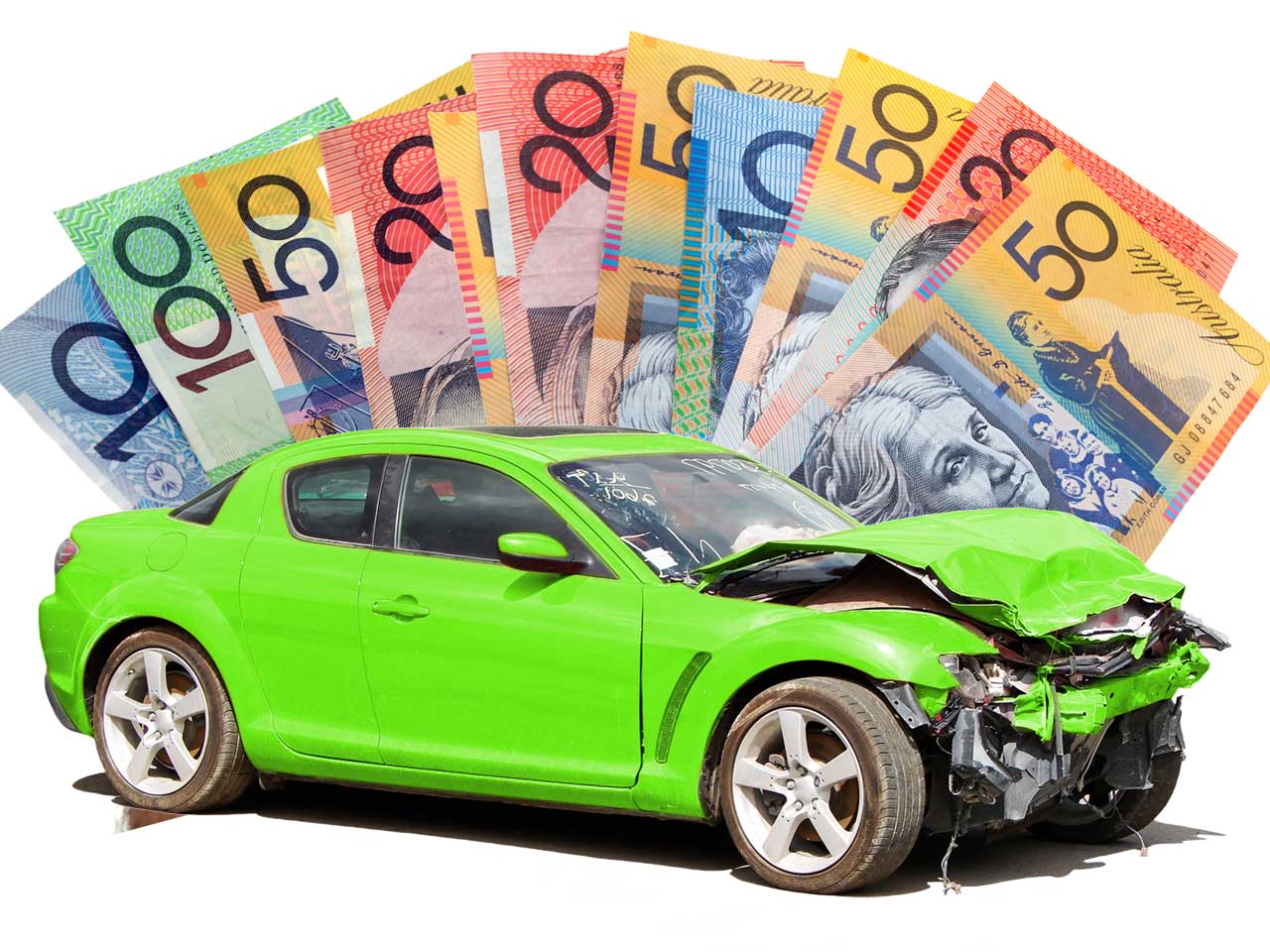Buying or selling a car in Australia can be an involved process. One of the key steps in this process is understanding the value of the vehicle you’re dealing with.
This guide serves to help you comprehend the intricacies of car valuations in the Australian market.
From understanding the valuation factors to ways to enhance your car’s value, this comprehensive guide covers it all.
Introduction to Car Valuations
Car valuation is a vital aspect that determines how much a vehicle is worth in the current market.
Whether you’re selling, buying, or insuring a car, knowing its true value can help you make an informed decision.
Why Car Valuation Matters
Understanding car valuation is crucial for many reasons.
It forms the basis for negotiation when selling or buying a car, helps you ensure the right insurance coverage, and even assists in making tax-related decisions.
Without a proper valuation, you could end up underselling your vehicle or overpaying for one.
The Basics of Car Valuation
Several factors determine the value of a car, such as its make and model, age, condition, kilometres driven, and the overall market demand.
Furthermore, modifications and location also play a role. In the following sections, we will delve into these factors in detail.
Understanding Car Valuation Factors
Car valuation isn’t a one-size-fits-all process. Various factors influence a car’s value, and understanding these can help you gain a fairer price when buying or selling.
The Impact of Brand and Model
The brand and model of a vehicle significantly influence its value.
Certain brands like Toyota and Holden maintain their value better due to their reputation for reliability, while luxury brands like Mercedes-Benz and BMW might depreciate quicker.
Importance of Vehicle Age
The age of the vehicle is a significant factor in determining its value. A newer car typically holds more value due to having the latest features, lower kilometres driven, and often a better condition.
However, classic and vintage cars might increase in value over time due to their rarity.
The Role of Kilometres Driven
The total kilometres a vehicle has been driven can significantly impact its value. Generally, cars with lower kilometres are worth more since they typically have less wear and tear, extending their lifespan.
Buyers often perceive a lower-kilometre vehicle as a better investment.
Vehicle Condition and Its Effect on Value
The condition of the vehicle is a critical factor in determining its value.
Vehicles that are well-maintained, free from mechanical issues and have a clean, undamaged interior and exterior will hold more value compared to those needing repair or showing signs of heavy use.
Modifications and Car Value
Modifications to a car, such as performance upgrades or customisations, can impact its value.
While some modifications may increase the value by enhancing performance or aesthetic appeal, others may decrease it, particularly if they affect the vehicle’s safety or create potential future repair issues.
Colour and Car Value
The colour of the car can also affect its value. Neutral colours like white, black and silver are often more desirable in the resale market compared to less popular colours.
Unusual colours may reduce the number of potential buyers and thus impact the car’s value.
Location Influence on Car Value
Location can influence a car’s value due to varying demand, regulation, and climate conditions across different regions of Australia.
For example, four-wheel drives may fetch higher prices in rural areas compared to urban regions.
Car Valuation Methods
There are several ways to determine the value of a vehicle. Each method has its advantages and disadvantages, and understanding these can help you choose the one that best fits your needs.
Online Valuation Tools
Online car valuation tools provide an easy and quick way to estimate a car’s value. These tools typically ask for details like the make, model, year, and kilometres to provide an approximate value.
However, they may not account for factors like car condition or modifications.
Professional Appraisal
Getting a professional appraisal can offer the most accurate car valuation. Appraisers examine the car in detail, considering factors like condition, modifications, and market trends.
This method can be more time-consuming and costlier than others, but it provides a comprehensive assessment.
Dealership Valuations
Dealerships often provide car valuations, especially when you’re looking to trade-in for a new car.
However, these valuations might be lower than market value as dealers factor in their profit margins and potential repair costs.
Valuation of Different Types of Vehicles
Car valuation is not only restricted to standard used cars. New cars, vintage models, and modified vehicles all have unique valuation considerations that we’ll explore in the following sections.
Valuing New Cars
New cars depreciate the moment they’re driven off the lot, but their value largely depends on the make, model, and popularity.
Other factors include the vehicle’s features, fuel efficiency, warranty period, and even the dealership’s location. Keep in mind that new luxury cars tend to depreciate faster than economy models.
Valuing Used Cars
Used car valuations depend on several factors like age, kilometres driven, condition, maintenance records, and market demand.
Accidents or mechanical issues can significantly lower the value, while a well-maintained used car can retain much of its value.
It’s also crucial to note the impact of depreciation, which is typically higher during the first few years.
Valuing Classic and Vintage Cars
Classic and vintage cars can be an exception to typical depreciation rules. Their value can appreciate over time, depending on their rarity, historical significance, condition, and originality of parts.
An expert appraisal is often necessary for these vehicles due to their unique characteristics.
Valuing Modified Cars
Modifications can either increase or decrease a car’s value. High-quality modifications enhancing performance or aesthetics can add value, but they might also limit the pool of potential buyers.
Poorly done modifications or those affecting the car’s safety could decrease its value.
Car Valuation for Different Purposes
The reason for obtaining a car valuation can influence the assessment process and final value. Let’s explore different scenarios where car valuations are crucial.
Insurance Purposes
For insurance purposes, a car’s value is important to determine the amount of coverage required.
This value, known as the insured value or sum insured, can be based on the market value, agreed value, or new-for-old basis, depending on your insurance policy.
Selling Your Car
If you’re selling your car, a proper valuation helps set a fair and competitive asking price. This not only attracts potential buyers but also ensures you get the most from your sale.
Remember, car conditions, market trends, and timing can all affect the sale price.
Buying a Car
When buying a car, knowing its fair market value can help you negotiate a better deal. This is true whether you’re buying from a private seller or a dealership.
A thorough valuation considers the car’s overall condition, including any necessary repairs or maintenance.
Finance and Loan Applications
Car valuations also play a key role in finance and loan applications, determining how much money a lender is willing to loan you for a vehicle.
Lenders typically use the wholesale value of the car, which can be lower than the retail value.
How to Increase Your Car’s Value
Increase the value of your car by taking care of it and maintaining it properly. The following sections offer tips on how to achieve this.
Maintenance and Upkeep
Regular maintenance is crucial to keeping your car in optimal condition and preserving its value. This includes oil changes, tyre rotations, brake checks, and other recommended services.
Keep a detailed record of all maintenance work as proof of care, which can positively impact your car’s valuation.
Choosing the Right Modifications
If you decide to modify your car, consider the impact on its value.
Choose high-quality modifications that improve performance or aesthetics, but avoid those that could negatively affect the car’s safety or increase its risk.
It’s always advisable to keep the original parts, in case the new owner prefers the car in its original form.
Documentation and Records
Keeping detailed documentation of your car’s history, such as service records, accident reports, and receipts for new parts or modifications, can prove its value.
Such records provide transparency to potential buyers, reassuring them about the vehicle’s condition and history.
Understanding Depreciation
Depreciation is the decrease in a car’s value over time. It’s an important concept to understand, as it’s one of the major factors impacting a car’s worth.
Depreciation Rate and Factors
The depreciation rate varies depending on the make and model, age, condition, and kilometres driven. Cars generally depreciate the most during their first three years.
Luxury cars often depreciate faster than economy cars, and popular models tend to hold their value better.
Minimizing the Impact of Depreciation
While you can’t stop depreciation, you can minimise its impact. Maintaining your car well, keeping kilometres low, and choosing a car with a good resale value can help.
Additionally, selling your car at the right time, before a new model comes out, for instance, can also prevent sharp drops in its value.
Car Valuation Trends in Australia
Understanding the current trends in the Australian car market can give you an edge when buying or selling a car.
The Impact From The Australian Market
The Australian car market can greatly influence car valuations. Factors such as fuel prices, interest rates, and the popularity of certain car types (e.g., SUVs, electric cars) can affect car values.
In addition, economic conditions, like a recession or a boom, can impact consumer demand and, consequently, car prices.
Car Valuation Trends and Predictions
Keeping up-to-date with car valuation trends and predictions can inform your buying or selling decisions.
In recent years, for example, there’s been a growing demand for eco-friendly cars and SUVs, increasing their value. Conversely, the value of diesel cars has been declining due to environmental concerns.
Conclusion: Maximizing Your Car’s Value
Understanding car valuations can help you maximise the value of your car, whether you’re selling, buying, or insuring.
By taking into account the key factors affecting car valuations and keeping abreast of market trends, you can make informed decisions that protect your investment.
Remember, a well-maintained car not only brings a higher value but also ensures safe and reliable transportation.










